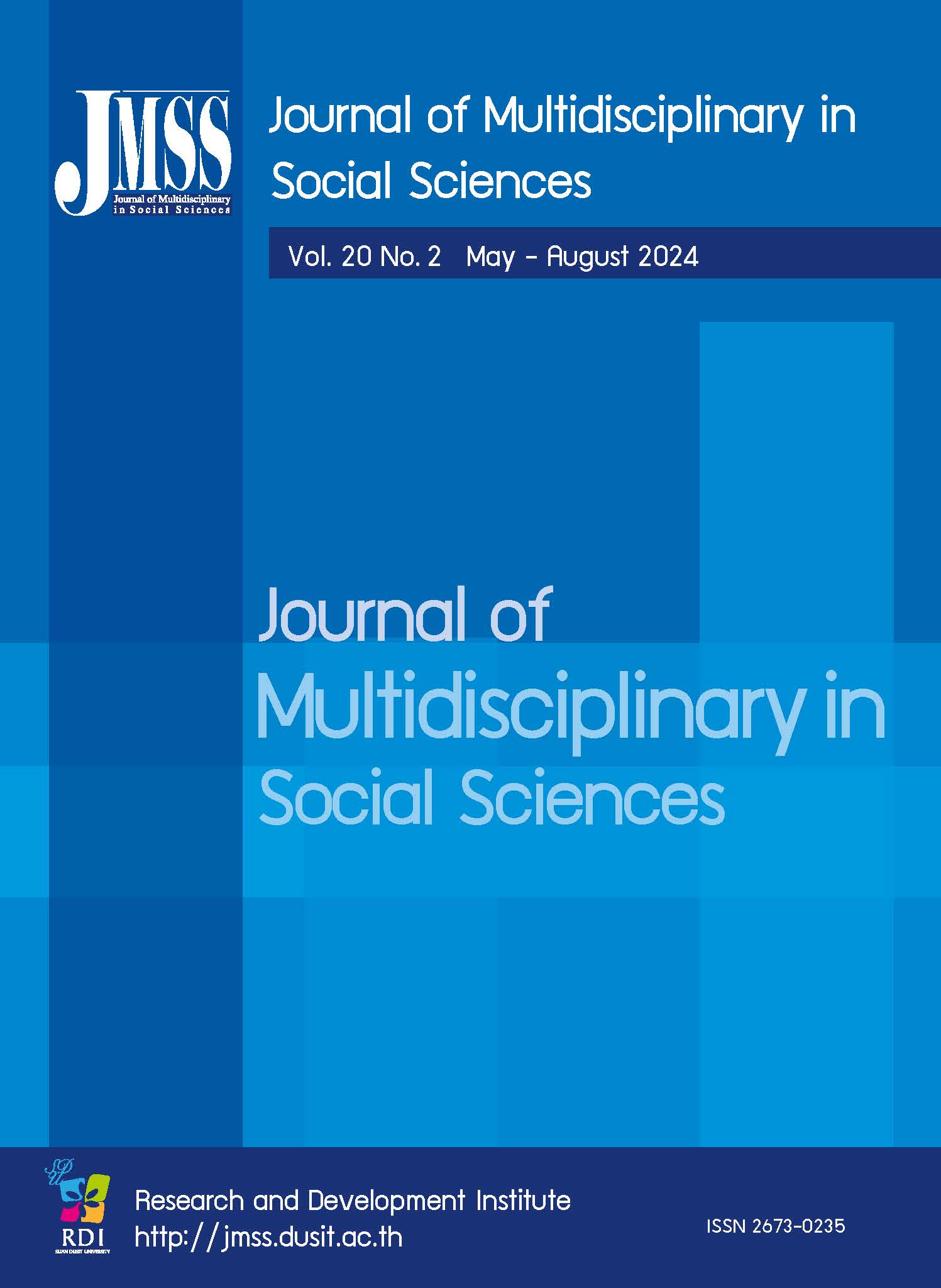Which Domain of Sustainability Performance Predicts Civic Engagement? The Case of Informal Microenterprises in Kabacan, Philippines
Keywords:
Civic engagement, Informal microenterprises, Sustainability performanceAbstract
Civic engagement strengthens social relationships and promotes community growth. Despite its importance in inducing social change, there is still an empirical gap in understanding its correlates. This research aimed to test the significant influence of sustainability performance on the civic engagement of informal microenterprises in Kabacan, Cotabato. Specifically, it seeks to determine if there
is a meaningful relationship between sustainability performance and civic engagement and identify which domain(s) of sustainability performance best predict(s) civic engagement. A causal research design was used in the study. Cluster sampling was
employed in the selection of 400 informal microenterprises in Kabacan, Cotabato, while modified survey questionnaires were used to collect research data. The study concluded that there is a positively significant relationship between sustainability
performance and civic engagement. Furthermore, it was determined that social sustainability and economic sustainability meaningfully predict civic engagement. The findings suggest that for every unit increase in social responsibility and
economic sustainability, the civic engagement of informal microenterprises improves by 42.6% and 16.1%, respectively. Lastly, social sustainability has the highest Standardized Beta Coefficient among all the domains of sustainability performance,
making it the best predictor of civic engagement.
References
Andolina, M., Jenkins, K., Keeter, S., & Zukin, C. (2003). Is civic behavior political? Exploring the multidimensional nature of political participation. Midwest Political Science Association 61st Annual National Conference. Chicago: Palmer House Hilton
Bacani, B. M., & Baclagon, I. V. (2016). Informal microenterprises: towards sustainability. Journal of Southeast Asian Research, 2, 1-12.
Bjerke, B. (2007). Understanding Entrepreneurship. Cheltenham: Edward Elgar Publishing.
Brundtland, G. H. (1987). Our common future: The world commission on environment and development. Oxford: Oxford University Press.
Carter, C. R., & Jennings, M. (2000). Purchasing’s contribution to the socially responsible management of the supply chain. Retrieved 1 May, 2023, from https://www. yumpu.com /en/document/read/12244359/purchasingscontribution-to-the-socially-responsible-management-
Chen, Z., Zhuang, X., & Liu, J. (2019). A sustainability-orientedenhanced indexation model with regime switching and cardinality constraint. Sustainability, 11(15), 4055.
Charmaine, G. (2017). The informal economy in the Philippines: An overview. Japan: Asian Development Bank Institute.
Charmes, J. (2016). Informal sector and decent work: A review of concepts, evidence and policy. Switzerland: International Labour Organization.
Chen, D. H., & Lin, Y. C. (2016). Sustainability in informal microenterprises: an international perspective. Procedia CIRP, 56. 30-40.
Choi, Y., & Chang, S. (2023) A study of the influence of civic engagement in the relationship between psychological capital and social performance. Cogent Business & Management, 10(1), 2195643.
CNCS. (2021). National survey of volunteering and civic life. Retrieved 5 May, 2023, from https://www.nationalservice.gov/serve/via/national-service-data/nati onalsurvey-volunteering-and-civic-life
De Castro, B., Cabanatuan, R., Grajo, J., & Uy, C. (2017). Practical Research 2. Manila: Vibal Publishing.
Doolittle, A. & Faul, A. C. (2013). Civic engagement scale: A validation study. Sage Open, 3(3).
Esguerra, A. C. (2016). Informal microenterprises and poverty Alleviation in Kabacan, Cotabato. Journal of Philippine Development, 43(1), 93-118.
Khan, E. A., Rowe, A. L., & Quaddus, M. (2012). Exploring sustainable growth of social micro enterprises in an emerging economy, 15th EMAN Conference on Environmental and Sustainability Management 2012, Helsinki, Finland.
Khamis, H. (2008) Measures of association: How to choose? Journal of Diagnostic Medical Sonography, 24, 155-162.
Khandker, S. R., Samad, H. A., & Ali, R. (2010). The impact of microcredit programs on poverty reduction in Bangladesh. Journal of Social Sciences, 6(2), 204-211.
Liu, Y., Zhang, X., Li, W., & Wang, Y. (2020). The impact of environmental regulation on green innovation: Evidence from China's informal microenterprises. Journal of Cleaner Production, 243, 118516.
Patzelt, H., & Shepherd, D. A. (2011). Recognizing Opportunities for Sustainable Development.
Entrepreneurship Theory and Practice, 35(4), 631–52.
Portney, K. (2005). Civic engagement and sustainable cities in the United States. Public Administration Review, 65(5), 579-591.
Quaddus, M. & Khan, E.A. (2015) Development and validation of a scale for measuring sustainability factors of informal microenterprises - A qualitative and quantitative approach. Entrepreneurship Research Journal 5(4), 347- 372.
Skocpol, T., & Fiorina, M. P. (1999). Civic Engagement in American Democracy. Washington: Brookings Institution Press.
Schulz, W., Fraillon, J., Losito, B., Agrusti, G., Ainley, J., Damiani, V., & Friedman, T. (2023). Civic Attitudes and Engagement Framework. Berlin: Springer.
Verba, S., Schlozman, K. L., & Brady, H. E. (1995). Participation’s not a paradox: The view from American activists. British Journal of Political Science, 25(1), 1–36.
Downloads
Published
How to Cite
Issue
Section
License
Copyright (c) 2024 Journal of Multidisciplinary in Social Sciences

This work is licensed under a Creative Commons Attribution-NonCommercial-NoDerivatives 4.0 International License.








